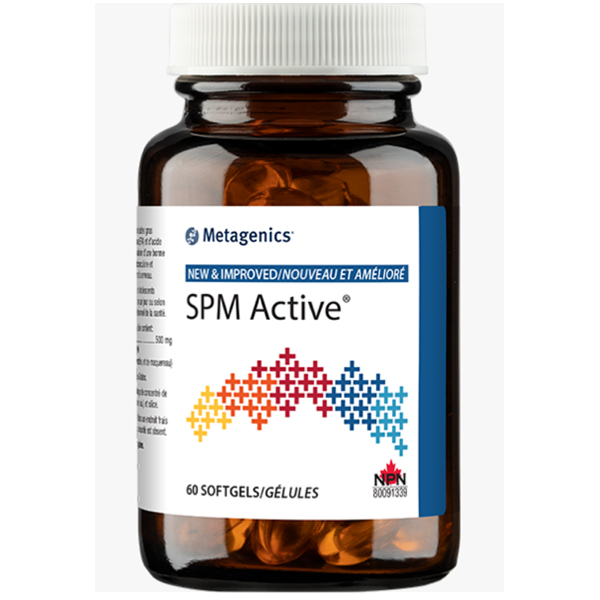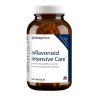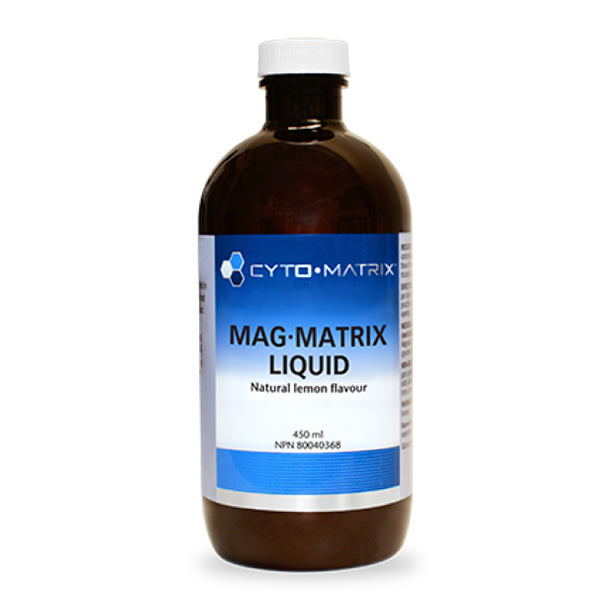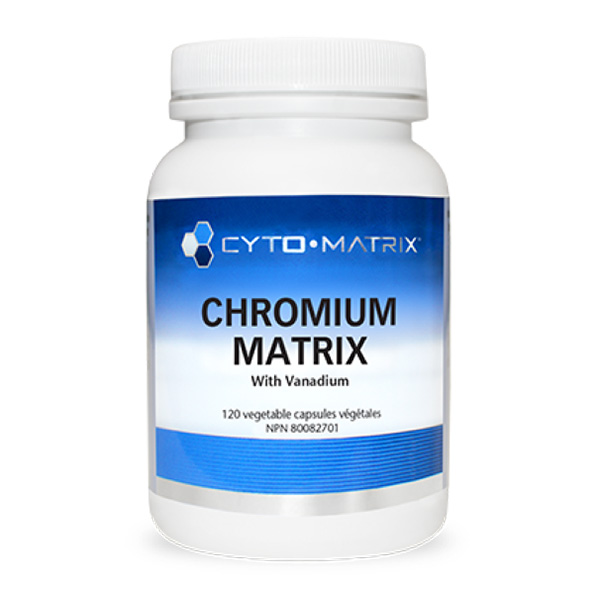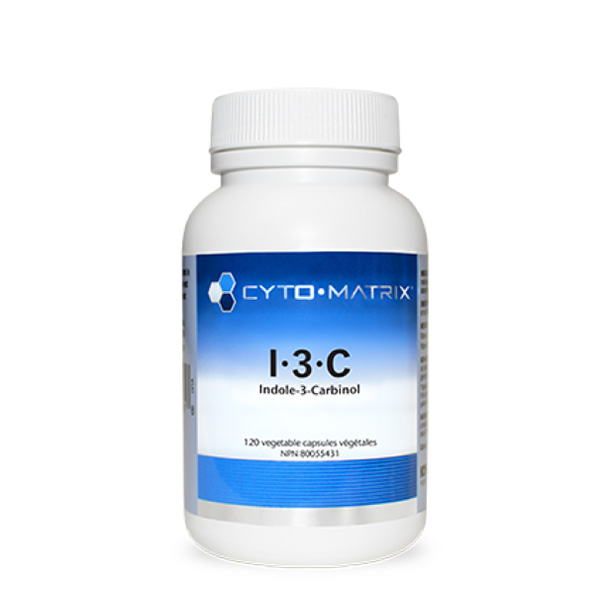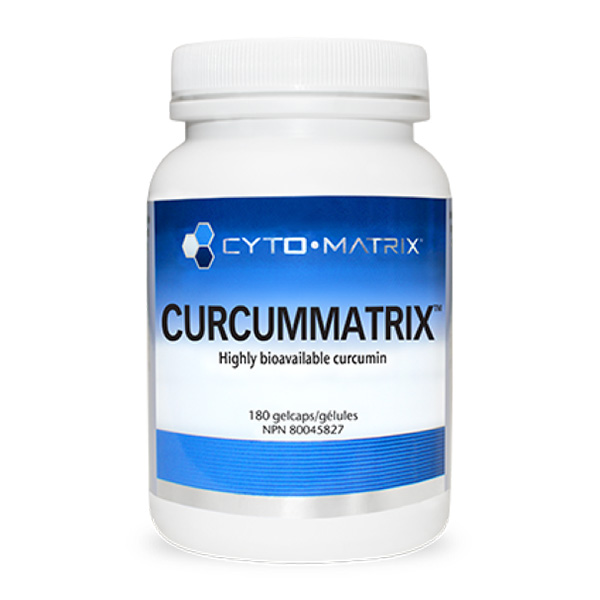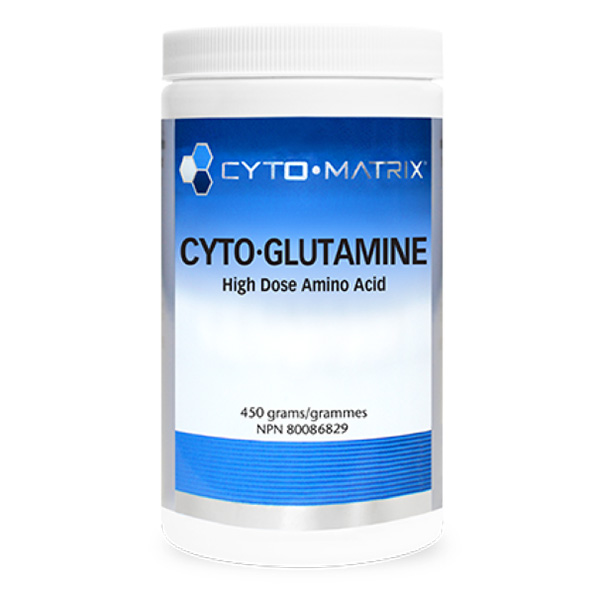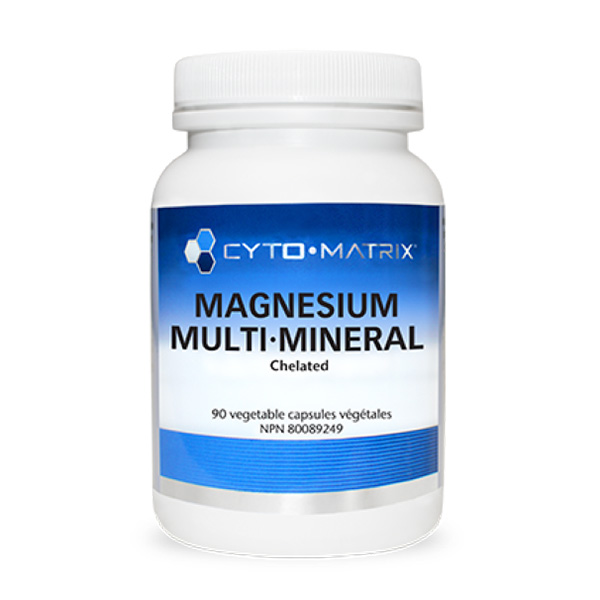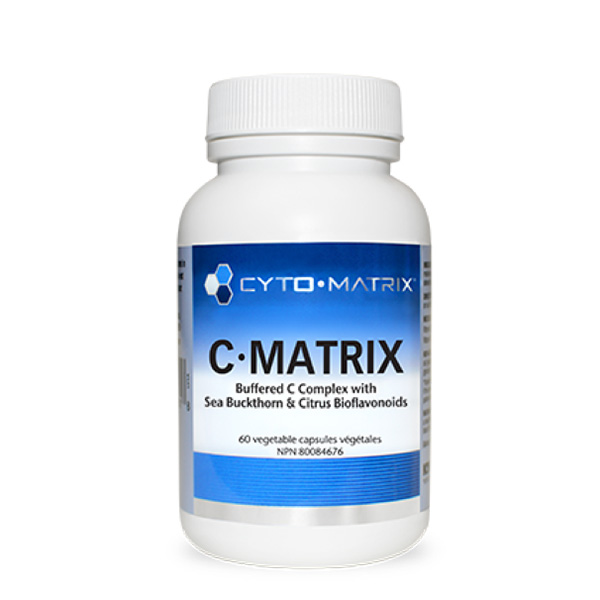Metagenics – SPM Active – 60 softgels
$89.49
SPM Active from Metagenics is designed to support the body’s natural capacity to respond to physical challenges and resolve physical stress
Description
SPM Active from Metagenics is designed to support the body’s natural capacity to respond to physical challenges and resolve physical stress.
SPM Active is a marine lipid concentrate with specialized pro-resolving mediators that offers a nutritional approach to assisting the body from moving from the initiation phase of dealing with physical stress to the resolution phase. Don’t block it, resolve it!
Recent discoveries have identifed a class of lipid mediators, identifed in circulation and tissues throughout the body known as specialized pro-resolving mediators, which function as ”resolution agonists” and actively coordinate the resolution of infammation.
However, some individuals exhibit insufficient levels of endogenous specialized pro-resolving mediators—thought to be related to lifestyle behaviors, dietary choices, age, or negative health conditions—in response to an inflammatory challenge. As a result, the resolution activities can be negatively impacted, leading to an unresolved chronic inflammatory response.
Preliminary evidence from in vitro, in vivo (animal), and ex vivo experiments support the role specialized pro-resolving mediators may be having in inflammation resolution. In theory, nutritional strategies that enhance production of specialized pro-resolving mediators like those found in SPM Active may be beneficial in the management of health conditions associated with chronic unresolved inflammation. Some scenarios are discussed below:
Osteoarthritis (OA)
OA is characterized by an increase in inflammatory cells and biomarkers in affected joints.
- In patients with arthritis, lower levels of Rvs, 17-HDHA, and 18-HEPE were correlated with higher erythrocyte sedimentation rate and pain
- In animal models, treatment with Rvs reduced joint inflammation, ameliorated arthritis symptom and severity, and stimulated chondrocyte matrix production
Cognition
Neuroinflammation has been associated with cognitive decline.
- Measured in the postmortem brain tissues, lower levels of specific neuroprotectin and Rv in the brain and cerebrospinal fluid were seen in Alzheimer’s disease (AD)-related neurodegeneration
- Levels of lipoxin and Rv, measured in the postmortem brain tissues from AD patients, were positively correlated with cognitive function as determined by Mini-Mental State Examination scores
Metabolic Disease
Adipose tissue dysfunction contributes to chronic uncontrolled inflammation, which can result in adverse metabolic outcomes such as insulin resistance and obesity.
• In adipose tissues of humans with metabolic syndrome and obese mice, levels of Rvs, PD, 17-HDHA, or 18-HEPE were reduced
• In adipocytes, treatment with Rvs promoted resolution activities, increased adiponectin secretion, and reduced pro-inflammatory adipokines, suggesting normalization of adipose tissue function
• In overweight individuals with metabolic syndrome compared with healthy controls, the appearance of 17-HDHA and 18-HEPE was reduced following fish oil supplementation, indicating defective biosynthesis of specialized pro-resolving mediators
Inflammatory Bowel Disorders (IBD)
Crohn’s disease and ulcerative colitis are IBD that lead to long-term and occasionally irreversible impairment of gastrointestinal structure and function.
• In animal models, Rvs, Mar, and 17-HDHA have been shown to help reduce tissue damage, reduce inflammation and neutrophil infiltra- tion, maintain body weight, and increase survival.
Ingredients
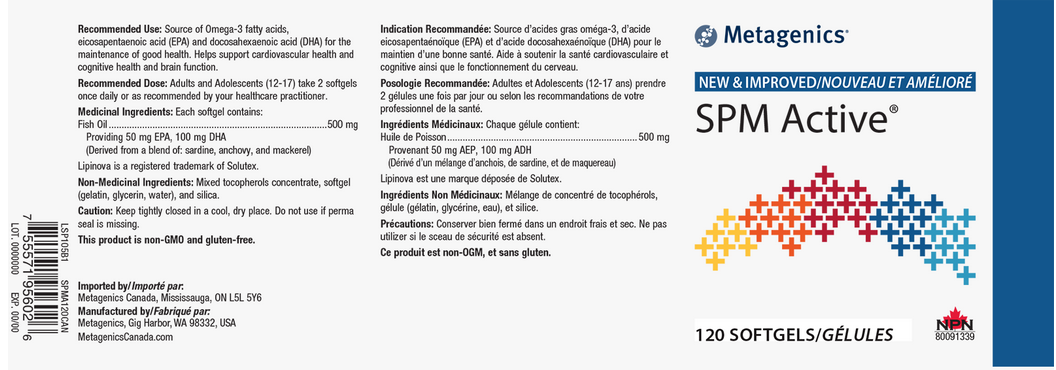
| Weight | 0.1 kg |
|---|

